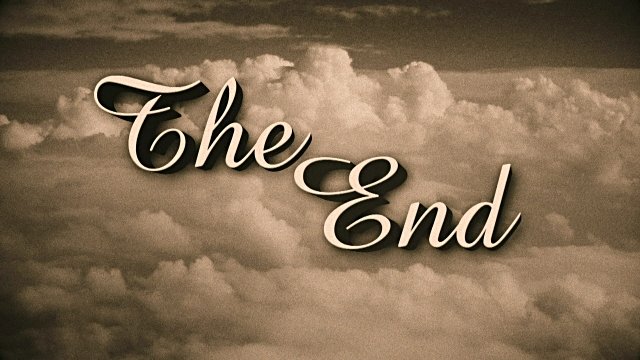
I received an anxious email from a reader who is seeking “closure” from his girlfriend who recently dumped him. Closure is a vague but popular concept that means seeking a neat, painless ending along with the cool, detached perspective of time. Unfortunately, time can’t be rushed. Closure is something that just happens; it can’t be faked or forced.
People seeking closure after an emotional breakup often say, “I need to talk to him/her. I want closure.” This is code for: “I want to make sure the relationship is really over. I hope, somehow, that it can be rekindled. I can know for sure by talking to him/her again.”
Sadly, this emotion can occur right in the face of overwhelming evidence that the relationship is indeed over. There may have been an unforgivable betrayal, for example. Or a prolonged period of distancing from what the relationship had once been, to something more or less nonexistent. But it doesn’t matter. Why? Because of denial. The person in denial is surrendering to “I wish” and “I hope” rather than facing the evidence that says, harshly (but accurately), “It’s over.” In many ways, this transition from “I wish” to “it is” is perfectly natural, and the desire for closure is part of it.
True closure involves not only accepting the facts and getting out of denial, but also understanding why and how the relationship ended. That takes more time. An important part of that understanding is what psychotherapists often call “ownership”- the emotional acceptance of “what role I played in the breakup.” A “role” is not the same as placing blame. For example, your partner may have had an affair and lied about it. The dishonesty and betrayal are HER responsibility, not yours. However, if she had an affair in part because of dissatisfaction with you, then true closure can only happen once you “own” the fact that you played a role, however unintentional, in her dissatisfaction. None of it excuses her dishonesty, but it does explain what motivated her to cheat in the first place.
The more rational a person is, the quicker closure can happen. At the same time, even a rational person needs time to integrate the emotions, ownership and perspective. In other words, no matter how balanced and reasonable you are, you cannot view the ending of an important relationship – and all the accompanying angst and drama – with the distance of six months or a year after just a few days.
There are things you can do to help accelerate the process, however. One is to introspect, reflect and talk about your feelings. Acknowledge the hurt without denying it. Seek closure as your ultimate goal, but don’t confuse closure with denial. If you feel like rekindling the romance, at least acknowledge the desire to do so. But don’t kid yourself that “just one more conversation” will somehow change everything.
In the case of the young man who emailed me, there will be hurt and pain whether you stay in touch with the lost partner or not. In fact, you’ll probably feel a lot worse for a lot longer if you stay in touch in the name of “closure.” It’s a contradiction to immediately start relating to a former spouse or significant other as nothing more than an occasional friend. It just doesn’t work that way. Even if you eventually become “just friends,” it can only happen after a period of distance and a mature attitude on the part of both partners.
Some people say that loss through a breakup is even worse than loss through death. With death, there’s no rationalizing or denial about regaining the relationship. With a breakup or divorce, you have to separate fact from fantasy in a more rigorous way. At least in that sense, it’s more difficult.
Closure comes when it’s good and ready. You can facilitate it through patience and a perspective about what really caused the loss in the first place – including what part you might have played in the process.
Follow Dr. Hurd on Facebook. Search under “Michael Hurd” (Rehoboth Beach DE). Get up-to-the-minute postings, recommended articles and links, and engage in back-and-forth discussion with Dr. Hurd on topics of interest. Also follow Dr. Hurd on Twitter at @MichaelJHurd1, and see “Michael Hurd” on MeWe.
